Vicki (41) is a District Nurse. Reflecting on her work, she attributes many of the skills upon which she has had to draw during this difficult time to her early teenage years at Scottish Youth Theatre, and particularly to the focus there on improvisation and imagination.

Vicki’s work involves visiting patients who are housebound, providing medical care, and offering support to patients and their families. Since the start of the pandemic, Vicki’s job has increasingly involved the provision of end-of-life care to those who have received late diagnoses or who have chosen to die at home.
“Suddenly you’re thrown into this position where you’re doing an awful lot of really personal stuff, or finding out people’s deepest darkest fears […] Nothing prepares you for that like improv, because if somebody [tells you] that they’re terrified to die, you’ve got to think fast. You’ve got to be ready to have these conversations and have something up your sleeve at all times. Without a shadow of a doubt, that’s helped.”
Vicki describes the skills she gained at youth theatre as a “toolkit” upon which she can draw during these difficult interactions with terminally ill patients and with their families. She reflects that her ability to reflect a patient’s feelings back to them, to listen actively to their fears, and to respond empathetically when they say something unexpected derive from her youth theatre experiences. In particular, she credits youth theatre with her ability to be unafraid of sitting with a silence, and so allowing a patient the space to reflect and to share further if they wish.
In addition to the specific skills involved in providing end of life care at home, Vicki describes district nursing more generally as a job which calls for a lot of confidence. She details how important communication skills, teamwork skills, and presentation skills are. She says that it is important “to be really assertive”, and that she believes youth theatre gave her the “inner confidence” to know that she could meet all of the demands of the job from the beginning:
“I would have been a bit of a work-in-progress with my confidence when I started nursing had I not had that basis when I was younger.”
For Vicki, youth theatre helped her to build the confidence she needed to deal with the unknown and with new situations. This has proved valuable to her as a district nurse, particularly in the past two years, but it has also proved valuable to her in her personal life.
Vicki remembers being a “reasonably confident” child, but not having an “outlet” or building blocks for that confidence. Her friends were scattered across Scotland due to several moves for her mum’s job, but attending Scottish Youth Theatre once her family moved to Glasgow helped her with “finding my feet a bit”.
She describes Scottish Youth Theatre classes as an opportunity to push herself out of her comfort zone, and remembers feeling comfortable doing so because everyone there was in the same boat with regards to hardly knowing anybody else. In particular, she remembers her youth theatre classes as “a freeing experience”, due to their improvisation focus. There were no productions to work towards, and so no pressure to learn lines or to compete for parts:
“There was nobody issuing scripts and saying: ‘you’ve got to learn that’. It was all pretty stress-free. We didn’t have any of that burden upon us. It was just: ‘go out there, be creative, have fun, try doing this’ […] and you could just be completely free with it, and let your guard down, and just lose your inhibitions in front of, essentially, a group of people you didn’t know.”
Vicki remembers feeling so free in large part because of the positive environment created by her youth theatre leaders. She recalls them being very different from her teachers. They had “a really good sense of fun”, and never appeared as authoritative figures. Instead, “they were just there as facilitators – they sort of facilitated our fun, but we were obviously learning and growing through it without really realising.” She believes she would have responded very differently had she felt she was being told what to do, and would not have got nearly as much out of the experience.
For Vicki, youth theatre differed from her other extracurricular activities because nobody could be left out, nobody could be left “on the bench”, or feel that others were favourites with the leaders. She “lived for” her Saturday youth theatre classes, and recalls feeling that “everybody was important, and everybody was valued” during them, because everybody “had something to bring to the party”. In particular, she remembers youth theatre as an opportunity to meet people from different backgrounds, and to work with everyone in groups which changed week by week. She believes this experience taught her “acceptance of others […] at an early age, which can only be a good thing.”
After finishing secondary school, Vicki initially decided to pursue an acting career, and attended a drama school in London for a year. She found that this “scratched an itch” for her, however, and later decided to move back to Scotland to train as a nurse:
“It goes back to that just having confidence to just try something different, and to put yourself in a position where you don’t know anybody again.”
Vicki attributes even the confidence necessary to make this career change to her youth theatre history, and believes she has carried this ability to throw herself into new situations and to meet new people throughout both her professional and personal life. She remembers that, for her, a “key part of the excitement” was that “unknown” element:
“I think going forward that set me up really well, because I continuously have sort of done that into adulthood.”
This has given Vicki a sense of self-assurance and independence in her personal life as well as at work, and she reflects that she doesn’t find things such as travelling without her family or attending social events where she only knows one person as scary as she otherwise might.
Vicki also expresses gratitude toward Scottish Youth Theatre, and the drama school experience to which it led, for providing her with a set of friends for life. She describes how these friendships help to ground her, and take her back to a time when she had fewer responsibilities and cares. There is “something really comforting and lovely” for her in finding that escape in those friendships, and she believes she shares a particular “bond” with her youth theatre friends:
“It was just sort of a magical experience, really. There’s nothing like being a kid and walking into a theatre, but then being allowed to go onstage.”
We are a registered charity in Scotland (No. SC035765) and a company limited by guarantee (No. 269952).




Website by Out of Place Studio